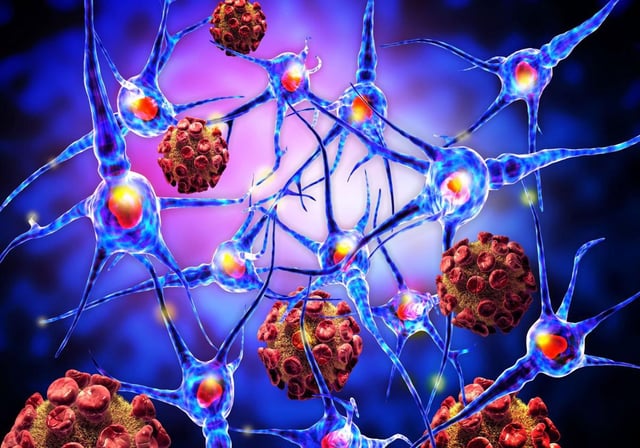Overview
- A Hospital de Sant Pau study published in the Journal of Lipid Research found that the APOE4 variant reduces neuronal cholesterol uptake from cerebrospinal fluid lipoproteins in Alzheimer’s patients.
- Researchers observed that while astrocyte-mediated cholesterol release remains intact, neurons carrying APOE4 capture significantly less cholesterol essential for membrane integrity and synaptic function.
- Harvard Medical School teams reported in Nature that lithium orotate salts enhanced memory performance in mouse models of Alzheimer’s disease.
- Experts warn that lithium orotate’s safety profile, optimal dosing and potential side effects in humans remain untested and must be established through controlled clinical trials.
- The combined findings spotlight lipid metabolism and neuroprotective small molecules as novel therapeutic targets and pave the way for rigorous patient studies.

